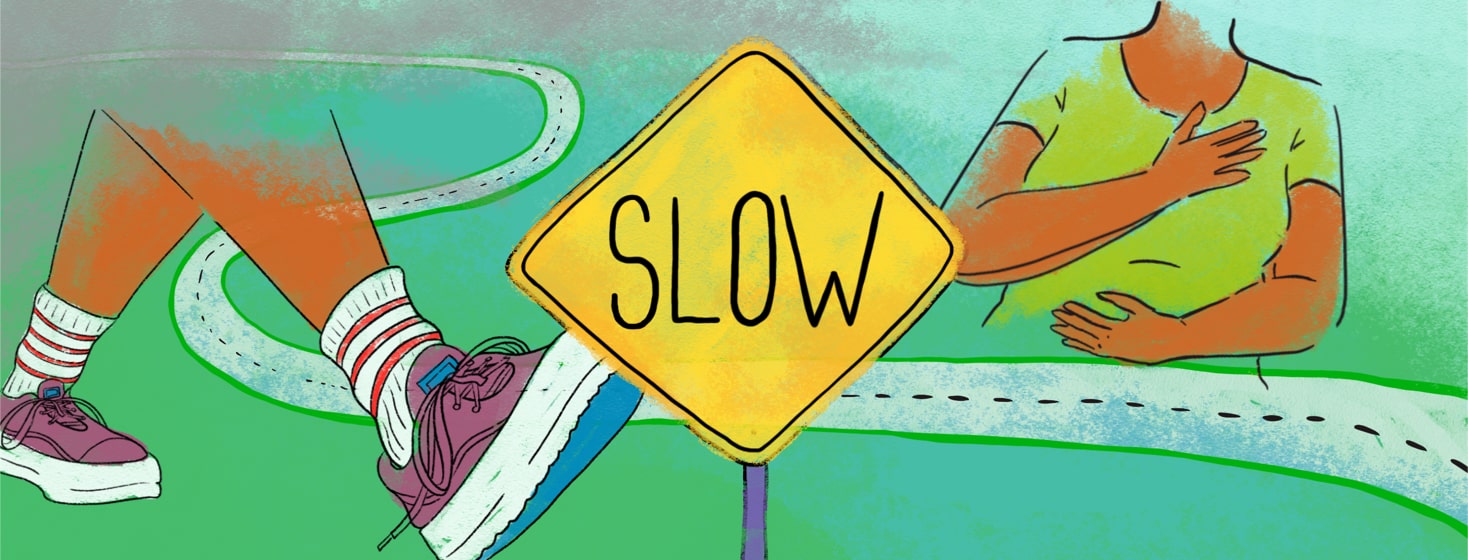10 Ways to Slow the Progression of COPD
Chronic pulmonary obstructive disease (COPD) is often described as a disease that progresses over time. The good news is that this progression can be slowed – sometimes significantly – which can help you lead a better and longer life despite your diagnosis.
Slowing the progression of COPD
So, what can you do to slow this progression? Here's what you need to know.
1. Quit smoking
If you smoke, stopping is the most crucial step in slowing down COPD progression. Smoking is the leading cause of COPD and is responsible for up to 60 percent of cases. Quitting helps prevent further lung damage caused by inflammation.1
2. Avoid other COPD causes
Apart from smoking, there are other COPD triggers, such as occupational exposure to harmful substances like fumes and dust. Identifying and avoiding these triggers can also slow down the progression of the disease.2
3. Learn and avoid your triggers
COPD exacerbations (flare-ups) are known to speed up the progression of the disease. So, avoiding those things that may cause flare-ups is a good strategy for slowing disease progression. Triggers include things such as smoke, fumes, dust, chemicals, etc.3,4
4. Seek early diagnosis
Receiving an early diagnosis is essential because it enables early treatment. Studies have demonstrated that early treatment can effectively slow down the progression of COPD.5
5. Stay active and exercise regularly
Research shows that incorporating regular exercise into your routine can enhance muscle strength and increase your muscles' efficiency in using oxygen. This can include activities as straightforward as taking a walk or riding a bicycle.6
It's worth noting that many healthcare professionals also advocate for pulmonary rehabilitation for people with COPD. These programs can guide you in identifying the most suitable exercises for your condition and teach you the correct techniques for performing them effectively.6,7
6. See your doctor regularly
Doctors play a vital role in securing the essential diagnosis and crafting a personalized treatment plan. They can also help pinpoint your specific triggers and provide guidance on avoidance strategies. Plus, doctors can help you create an action plan detailing the exact steps to take when symptoms arise. Regular check-ups are essential because your doctor will need to monitor your progress and make adjustments to your treatment plan as needed. These measures, when combined, greatly contribute to slowing down the progression of the disease.
7. Stick to your treatment plan
Your doctor can help identify the most suitable treatment plan for you. This may involve medications like inhalers to maintain airway stability, reducing the risk and severity of flare-ups. Additionally, your treatment plan may include strategies to avoid triggers and regular exercise to maintain the strength of your heart and lungs.
8. Practice breathing exercises
Seek guidance from your doctor, nurse, or respiratory therapist to learn techniques that can enhance your lung capacity and assist in managing shortness of breath when it occurs. A good example is using pursed-lip breathing with belly breathing. You can learn more by checking our article Breathing Strategies For COPD.
9. Stay well hydrated
This will help your mucus membranes stay hydrated. This keeps your mucus membranes moist, making it easier to cough up and clear the mucus from your airways, helping you breathe better.8
10. Manage stress
Reducing stress can help you feel better if you have COPD. It doesn't directly change the disease, but it can make your life easier. When you're less stressed, you'll feel less anxious and out of breath. You might also stick to your treatment plan better and avoid smoking, which is good for your lungs.
Plus, you'll sleep better and have more energy. All of these things together can help you live better with COPD and avoid getting sicker. So, stress reduction can indirectly help slow the progression of COPD.
Taking control of COPD progression
COPD is a disease that may progress over time. However, the 10 proactive actions listed above can help slow the progression, leading to a better, longer life despite your diagnosis.

Join the conversation